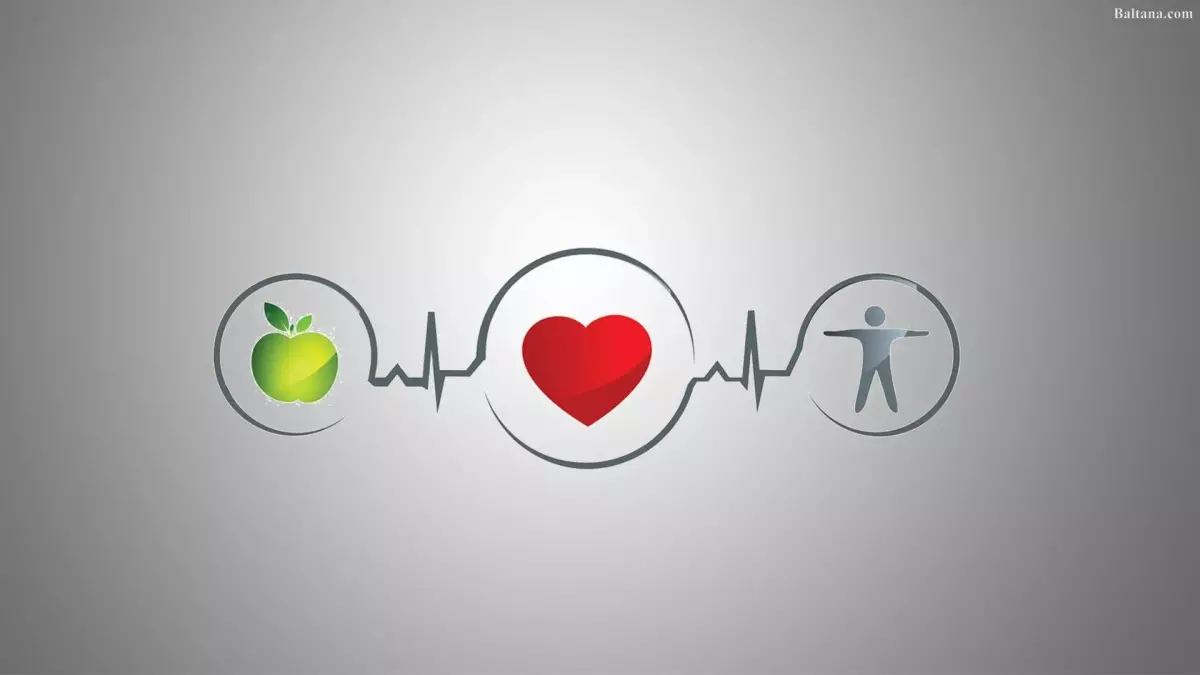Promoting Emotional Resilience for Better Mental Health
There has been an increasing recognition of the role of emotional resilience in promoting better mental health. Emotional resilience refers to the ability to adapt to stressful situations or crises, and bounce back from adversity, which has a direct impact on one's mental health and well-being.
Importance of Emotional Resilience
Those with high emotional resilience tend to have better stress coping mechanisms, are less likely to suffer from depression, and have more stable relationships. Emotionally resilient people view difficulties as challenges and have a positive approach towards life. They also tend to recover quickly from stressful events.
Promoting Emotional Resilience
- Self-care: Eating a balanced diet, doing regular exercise, getting enough sleep, and taking time to relax and have fun are all essential for building emotional resilience.
- Mindfulness: Mindfulness brings increased focus on the present moment, enhancing our capacities to manage and recover from the stressors. Mindful practices such as meditation, yoga, and deep breathing can boost emotional resilience.
- Positive thinking: Fostering a positive mindset can help individuals to perceive challenges as opportunities, enhancing their resilience.
- Support network: Having a strong social network provides emotional support, making it easier to manage stress and promoting resilience. This network could include friends, family, or professional counsellors.
Role of Emotional Resilience in Mental Health
By fostering emotional resilience, we are not only improving our ability to cope with stress but also protecting our mental health. Immune to the twists and turns of life, emotionally resilient individuals are less likely to succumb to mental health issues such as depression, anxiety, and post-traumatic stress disorder (PTSD).
Therefore, it is critical to acknowledging the importance of emotional resilience for mental health, and to start incorporating practices that encourage emotional resilience in our everyday lives. Whether it be through maintaining a self-care routine, engaging in mindfulness practices, or nourishing a robust support network, these approaches promote a healthier, more resilient mindset.
Remember, promoting emotional resilience is not about avoiding life's challenges, but rather developing the strength to tackle them head-on. So, if you or a loved one is struggling with mental health challenges, don't hesitate to seek help from a mental health professional.










